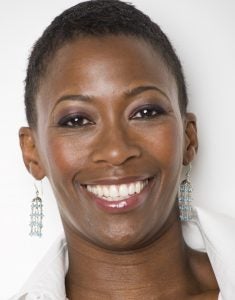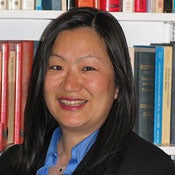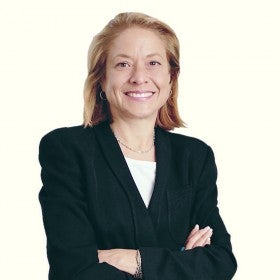Will 2018 be a ‘Year of the Woman’?
A record number of women are running for office in 2018 and some are predicting another “Year of the Woman” — a reference to 1992, when an unprecedented number of women were elected to Congress. But the #MeToo movement, along with the controversy surrounding newly sworn-in Supreme Court Justice Brett Kavanaugh, has called into question just how far women have come. Will women candidates and voters make history in the midterm elections?
Contact: Jenesse Miller at jenessem@usc.edu or (213) 810-8554
Too early to call it a ‘Year of the Woman’
“I have been through too many ‘years of the woman’ that we can’t get too excited yet. Wasn’t it two years ago that we were going to elect a woman president?
“The Kavanaugh effect is obviously going to be important. But if the most credible witness central casting could find is not enough to stop the train, I’m afraid you can’t really call it any kind of year of the woman.”
Susan Estrich is a professor of law and political science at the USC Gould School of Law.
Contact: sestrich@law.usc.edu or (213) 740-7578
 But where are the men?
But where are the men?
“2018 is the year in which women decided to reclaim our bodies and set the sexual boundaries by which men will have to abide, and hold them accountable for when these boundaries are crossed. In this, the year of #MeToo, men have seemingly decided to opt out of the conversation.
“Despite what President Trump has said, good men have nothing to fear. Instead, their bravery will be demonstrated by how willing they are to hold each other accountable for past transgressions, and create new norms of respect, mutuality and equality.”
Ruth White is a clinical associate professor at USC Suzanne Dworak-Peck School of Social Work.
Contact: ruthwhit@usc.edu
 Remember the immigration debate?
Remember the immigration debate?
“In the past Republicans and Democrats alike have wooed suburban women through their identities as mothers, and this specific shift away from the Republican party comes after the controversial images of immigrant children in detention hit the news. Through their support of this policy Republican candidates also became complicit in a policy of family separation.”
Ange-Marie Hancock is a professor of political science, gender studies & sociology at the USC Dornsife College of Letters, Arts and Sciences.
Contact: ahancock@usc.edu or (213) 740-3297
 What the polls show about Kavanaugh
What the polls show about Kavanaugh
“My general caution would be: Look at the outcome of the 2016 election. Trump became president despite the ‘Access Hollywood’ tape. We are doing some research now to see if that ‘ick’ factor is having an effect on turnout for men, women, Democrats and Republicans.”
Jane Junn is a professor of political science at USC Dornsife College of Letters, Arts and Sciences.
Contact: junn@usc.edu or (213) 740-6141
 Who is left out of #MeToo?
Who is left out of #MeToo?
“Is 2018 ‘Year of the Woman’? Maybe. But, which women are we talking about? White women? All women from various backgrounds and spectrum of gender identity and gender expression? I am not sure. Women of color, Muslim women, and transgender individuals have largely been invisibilized in the #MeToo movement and the #TimesUp movement.”
Shafiqa Ahmadi is an assistant professor of clinical education at USC Rossier School of Education.
Contact: sahmadi@usc.edu or (213) 821-2259
###




